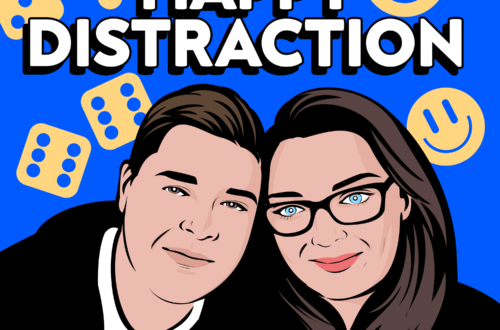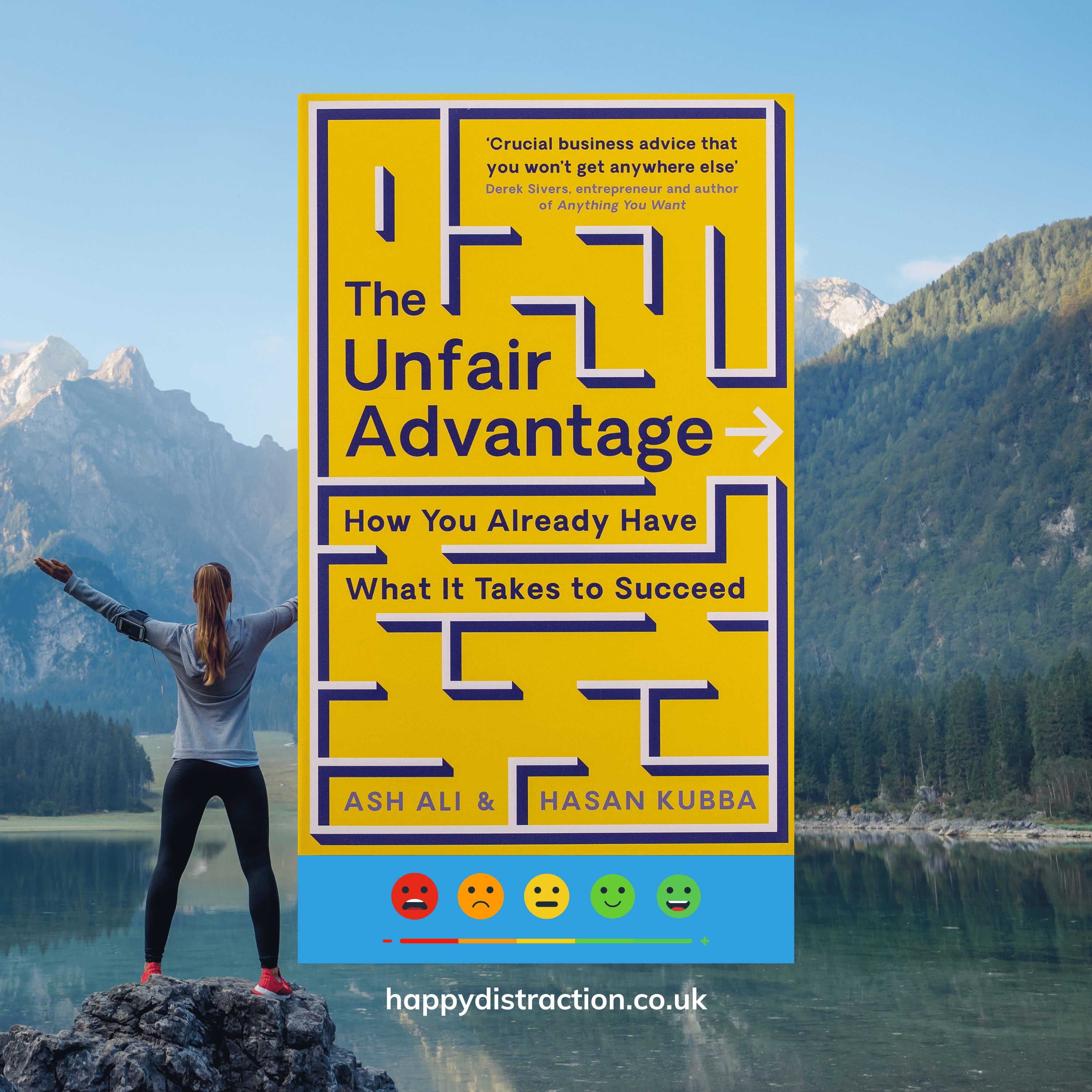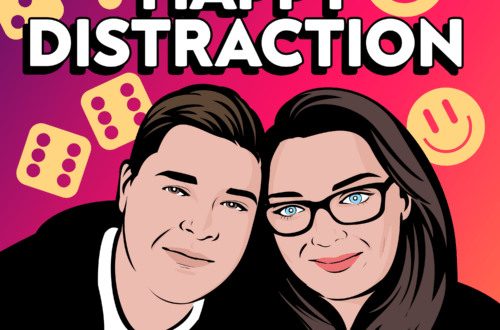
12 helpful tips for writing a killer personal statement
So you’ve narrowed down your choices, decided what course you want to go for and are ready to apply. There’s only one thing standing in your way now: your personal statement. In this article, you can find 12 helpful tips for writing a killer personal statement.
The application process may be different depending on how you apply to your chosen university. For example, I applied directly to the university through UCAS; however, if you’re applying when you’re already in education, there’s a different method.
Click here to read about the whole process, including what you need to include. Remember you are limited to 4000 characters or 47 lines of text (including spaces).
Before we get into the tips, you might be asking what qualifies me to give this advice. Well, I don’t claim to be an expert, but I did recently graduate with a First Class Honours degree. So… it’s got to be worth a read, right?
Number 1: Plan your statement
Before tackling the task of actually writing your personal statement, it’s an excellent idea to plan it first. I like to use a mind-mapping technique, either on blank paper or digitally. Mindmapping allows you to organise your thoughts clearly and concisely. It’s a way of organising your thoughts on paper and eases you into the process. The UCAS website has a mind-mapping tool and a worksheet you can use in the planning stages of your statement.
Number 2: Create drafts ASAP
The next point may seem obvious, but you’d be surprised at how many students don’t do this. Some students I’ve spoken to have told me that they’ve never created more than one draft of their statement and just submitted their first one. This may be fine if writing such literature comes naturally to you, but the majority of us may need to write, rewrite, and then write again until we get it right.
Don’t worry too much about your character counts at this stage; you can perfect it later on down the line. If you need to scrumple up your bit of paper and start again, don’t be afraid. Make sure you get everything you want to discuss on paper.
Most importantly, make sure you start drafting your statement as soon as possible, don’t leave it until the last minute. Putting it off will not do you any favours. You can only submit one personal statement, so you must ensure it’s ‘bang on the money’.
Number 3: Don’t sweat it
Number three on the list is a simple one. Don’t sweat the small stuff. If you follow the tips above, you should have already planned and are now starting on your first draft. This is easier said than done, but don’t worry. It’s natural to be overwhelmed or even scared. Don’t rush, if you plan and draft early you will have plenty of time for mistakes. But even more time to kick ass.
Number 4: Hook your reader
The first sentence is arguably the most critical part of your statement. There could be hundreds of students applying for the same course. These students would all have submitted a 4000-character personal statement. Do you think the recipient will read each statement word for word? Probably not, but you can grab their attention longer by hooking them in and persuading them to read on. I made my opening sentence relatable and followed up with rhetorical questions, it worked for me!
Number 5: Don’t be negative
Your prospective university will want to know your strengths, not your weaknesses. Try to avoid any negativity in your statement unless the outcome is a positive one. For example, you don’t want to say, ‘I’ve never really been good at maths’. If you must use something like that, then say something along the lines of ‘I’ve never really been good at maths, BUT I’ve spent the past year improving my skills and am now really comfortable in the subject’. As you will see in my statement below, I used some pretty negative aspects of my life. However, I was able to write them positively. It would be best to cater to your strengths; ultimately, they want to know what you’re good at. The university knows that you aren’t perfect. Sometimes, it helps to be personal, but you must ensure there is no negativity whatsoever.
Number 6: Don’t lie
It might be extremely tempting to lie about yourself, your background or your achievements. 9 times out of 10, the university will see right through it. When you attend an interview, you will be quizzed on your application. Anything you’ve lied about will stick out like a sore thumb. As I’ve alluded to previously, you only have one chance to submit your statement; you don’t want to be caught lying. If you feel like you have nothing positive to say about yourself and your only option is to lie or exaggerate the truth, then don’t. Your prospective university will likely appreciate your honesty more than a personal statement riddled with lies. There are hundreds, if not thousands, of templates online that can guide you in the right direction.
Number 7: Don’t plagiarise (Including using AI to write for you)
With numerous templates available online, you might consider using someone else’s work. This also applies to generative tools like ChatGPT. Resist the temptation to have AI write your personal statement; it’s not worth it, and AI detection will catch you out. You might even think about paying someone to write it for you. Don’t. When you submit your personal statement through UCAS, it is checked for plagiarism against billions of web pages. Any similarities are immediately flagged to your chosen universities. While some similarity is normal, significant matches could lead to instant rejection or lengthy questioning. If hundreds of thousands of students can create unique personal statements each year, you can too.
Number 8: Include hobbies and interests
This is something that I didn’t do because I couldn’t find any hobbies or interests related to my chosen course. It’s something that students don’t often include because they think it may weaken their statement. If they aren’t relevant, then it’s true it may weaken your personal statement. However, if you have hobbies or interests specifically related to your course, shout it from the rooftops. For example, if you are applying for a Media course and you run a podcast, then this is something that the reader will be interested in. It shows that you already have somewhat of an understanding. If you already have a hobby or an interest in your field of study, your optimism will shine through.
Number 9: Try to avoid using clichés
I am my own worst enemy because I can’t help myself. I don’t even realise I’m doing it, but I use clichés a lot. This is something that I find particularly hard to overcome. You’ll want to avoid using phrases such as ‘That is why I am the person I am today’. We all know what a cliché is, and we see them every day. While this is not an automatic barrier to university, you can expect your reader to roll their eyes or slightly cringe.
Number 10: Don’t just use spellcheck
This is a significant point! Don’t just rely on spellcheck because it doesn’t pick up every little mistake. It’s a machine, after all. I use a tool called Grammarly. It’s a free tool that checks your spelling, grammar and punctuation. While this is an exceptional replacement for spellcheck, even this impressive software doesn’t pick up every mistake. However, you will likely notice that your writing dramatically improves while using it.
Instead of just using spellcheck, proofread it and then proofread it again. Please print it out or show it to someone else. Get them to proofread it a couple of times, too. When you’re finished with that triple and quadruple, check it. You might think that this seems excessive, but trust me, you’ve got one shot. Don’t let yourself down because of a couple of silly grammatical errors. Though it’s not the end of the world, if your content is exceptional, they may overlook the odd mistake. They understand you’re only human; as I’ve said, they don’t expect you to be perfect. They just want to see your enthusiasm!
Number 11: A great conclusion
Your conclusion is just as important as your opening sentence and the main body of your personal statement. In your conclusion, you must reinforce your commitment and skills relevant to your chosen course. Like you would in an essay, make sure your conclusion is appropriate and perfectly sums up your motivation for applying. Don’t try to repeat yourself, but you can reinforce specific points to draw your reader’s attention back to your statement.
Number 12: Research
Perhaps the most crucial point of all. Before submitting your statement, make sure you have thoroughly researched your chosen universities/courses. Don’t mention your university by name (unless you only apply to one). The point of researching before submitting your personal statement is to understand whether or not what you’re about to send is relevant to the experiences, skills and qualities your university is looking for. If it is, great, submit it. If you feel you could add something or change something to make it better, then go for it.
Of course, you should already have some research under your belt, but I found that refreshing my memory and researching right before I was due to submit my statement made me think critically about my work. It’s as if you’re looking at it with fresh eyes. As you have already written your personal statement and had it proofread and triple and quadruple-checked, at this stage, there should only be minor tweaks you would need to make to perfect it.
Once you’ve submitted your personal statement, try not to ponder it. Don’t go back and forth with it, picking out mistakes or faults. The hard work is over; relax.
YOU GOT THIS!
My personal statement
I was in two minds about whether to share this with you because I am highly critical of it. Even though I planned it, drafted it, proofread it, and got others to read it, it still isn’t perfect. There are grammar and sentence structure errors, and I’m cringing at the inclusion of clichés. During my time at university, I’ve learned so much. If I could go back in time and rewrite my statement, I feel it would be so much stronger. BUT hindsight is a wonderful thing!
This is by no means a perfect example, but I got some excellent feedback and it was the main reason I secured an unconditional offer at my chosen university. I’ve broken it down into sections just so you can get an idea of what you should include in yours.
Opening Sentence/Rhetorical Questions/Motivation for Applying
We have all had some experience with Business whether this is buying something from a retail store or sitting down in a restaurant, to making the more significant purchase such as a car.
Everyone has their preference of where to buy their coffee and where to go for their weekly shopping. Wouldn’t it be exciting to be a part of building the foundations of a successful Business? Wouldn’t it be exciting to be a part of a Business where you can enforce change and better the lives of the employee and their customers? This is certainly one of my main aspirations and provides me with the motivation for applying.
Academic History
At a young age, following a difficult upbringing, I decided to pursue a career rather than continuing down the academic path. I missed several crucial years of Primary and Secondary education, only returning to school in the last two GCSE years. I pushed myself to achieve academic success and although I may not have been a ‘Straight A’ student, I am proud of my achievements and it proves, that it’s never too late if you have the ambition success is reachable.
Relevant work experience
Moreover I would consider myself to have had a successful working life, however, I’ve always felt that I could achieve more, I want to push myself further to be successful and I feel that this is the right time. I have a huge level of growing positivity and I would be thrilled with the opportunity to join this course to develop the professional within me.
In 2012 I was able to secure my first major role at Npower, the energy supplier, following an initial voluntary position as a Forum Moderator for a leading social games organisation. I quickly gained ground in my role at Npower and within 12 months was promoted to a Senior Advisor position. My role here was challenging and I dealt with all areas of the business, as I was used to a specific area in a previous position, my knowledge lacked. I was determined to increase my skill-level and become fully competent within my role, so I took part in some extra training outside of normal hours to achieve this.
As a result, I was designated ‘Point of Contact’ for members of my team, who would come to me with complex queries, this experience put me in a crucial position and helped me broaden my knowledge of Business insight and overall knowledge across the industry.
Achievements
During my time at Npower, Innovation was at the forefront of my mind. With this in mind, I developed a tool from scratch to aid in capturing customers’ budgeting information. Following a successful trial of the budgeting tool, it was then rolled out to the entire department for use in the day-to-day process of servicing Npower customers. As a direct result of this, during the business-specific Annual ‘Pride Awards’ My team won an award ‘Team of the year’ for ‘Providing customer service through innovation’. It was at this point that I became interested with the inner workings of a business and I was overwhelmed with the excitement following the success of our team.
Linking skills to the course I’m applying for
I am eager to develop more fundamental business skills and learn the more process-driven aspects of a Business, I have a solid understanding of how businesses operate from a Junior perspective but I’m keen to learn about the building blocks and those initial foundations that make a great Business.
Conclusion & Reiterating motivation for applying
There are far more opportunities than ever to join a rapidly expanding industry. It’s exhilarating to think that this course could provide me with the ability to build my own business from scratch, that would be a huge achievement. My chosen course will provide me with the practical and academic skills required to achieve my goal of working within the HRM industry. What makes a great Business a Great Business? Well… it starts with great people and I aspire to be one of those people.
3768 Characters
Anything I can help with?
If there’s anything I can help with, please let me know. Even if you want an extra set of eyes to proofread your personal statement, I’d be more than happy to do this for you. Feel free to visit the contact page if you need anything.




